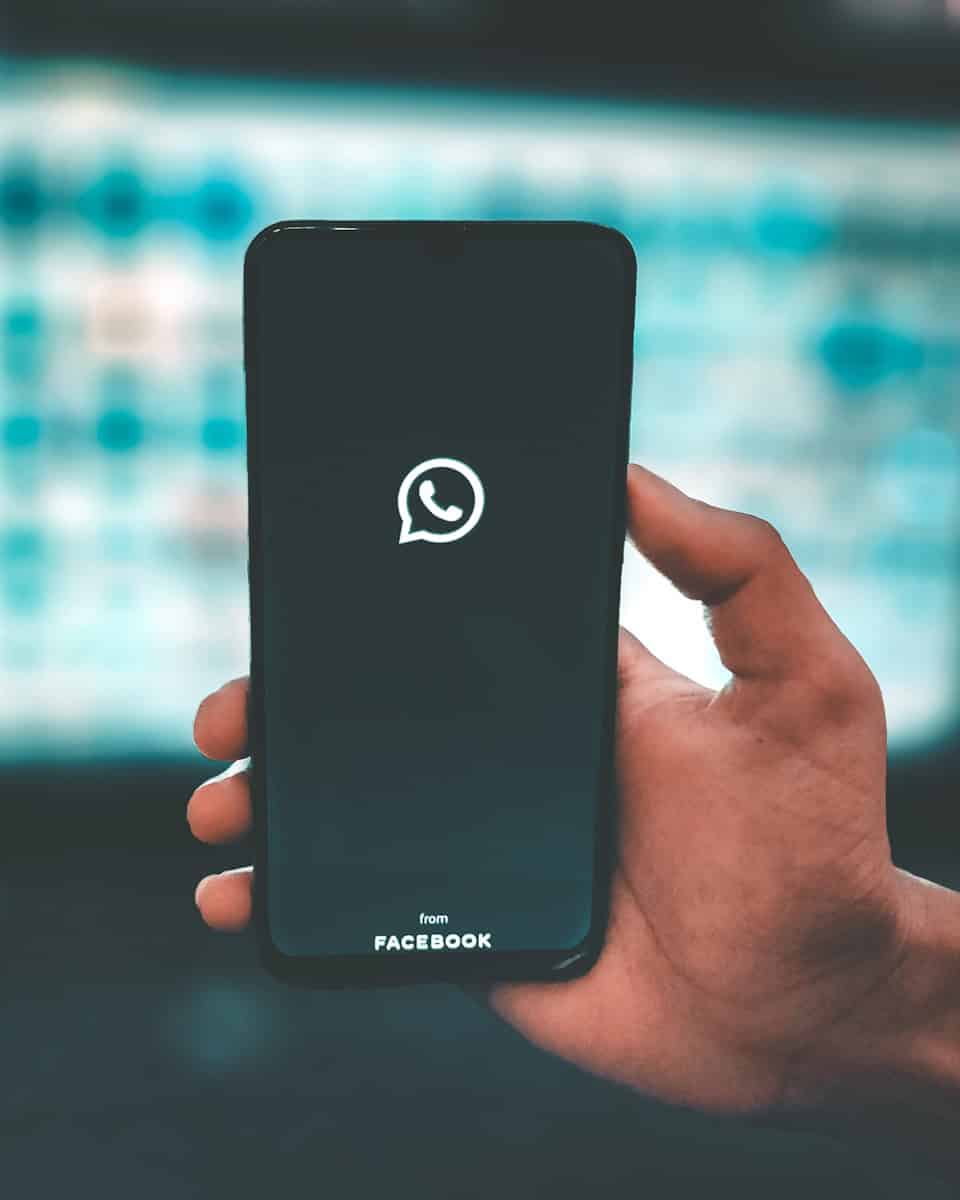WhatsApp features end-to-end encryption to ensure the privacy and security of messages. This means that only the sender and the intended recipient can read the messages. Even WhatsApp itself cannot access the content. However, there are scenarios in which you may need to access your messages from a different device or view someone else’s messages under specific circumstances, such as a parent monitoring a child’s online activity.
It’s important to familiarize yourself with the methods available for safely and legally accessing encrypted WhatsApp messages. One way to access your messages is by using WhatsApp Web on a computer. Additionally, there are third-party tools that can help you recover or export WhatsApp data. It’s crucial to remember that while there are ways to access your own messages or view someone else’s messages with permission, the end-to-end encryption of WhatsApp ensures high security for all users.
How to Access WhatsApp Messages
WhatsApp messages are end-to-end encrypted by default. This means that only the sender and receiver can read the messages. Not even WhatsApp can access the content of your messages. However, there are a few ways to access your messages from another device or to read someone else’s messages if you have their permission.
Accessing Your Own Messages
You can access your own WhatsApp messages from a different device by using WhatsApp Web or by backing up and restoring your chat history.
WhatsApp Web
WhatsApp Web allows you to access your WhatsApp messages from your computer. To use WhatsApp Web, simply open the WhatsApp Web website on your computer and scan the QR code with your phone.
Backup and Restore
You can also back up your WhatsApp messages to your Google Drive or iCloud account. This allows you to restore your messages to a new device or to the same device if you need to reset it. To back up your messages, open WhatsApp and go to Settings > Chats > Chat backup.
Accessing Someone Else’s Messages
It is generally not possible to access someone else’s WhatsApp messages without their permission. However, there are a few exceptions.
Parental Control Apps
Some parental control apps allow you to monitor your child’s WhatsApp messages. These apps typically require you to install software on your child’s device.
Legal Access
Law enforcement may be able to access WhatsApp messages with a warrant.
Methods That Don’t Work
There are a number of websites and apps that claim to be able to decrypt WhatsApp messages. However, these methods do not work. WhatsApp messages are encrypted using a very strong encryption algorithm that cannot be broken.
| Method | Description | Requirements |
|---|---|---|
| WhatsApp Web | Access your messages from your computer | Your phone and a computer with internet access |
| Backup and Restore | Back up your messages to Google Drive or iCloud | Your phone and a Google Drive or iCloud account |
| Parental Control Apps | Monitor your child’s messages | Your child’s device and a parental control app |
| Legal Access | Law enforcement may be able to access messages with a warrant | A warrant |
Key Takeaways
- WhatsApp uses end-to-end encryption to protect user messages
- Users can read encrypted messages through WhatsApp Web or specialized tools
- Message recovery and export options are available for accessing encrypted content
Understanding WhatsApp Encryption
WhatsApp uses strong encryption to protect user messages. This system keeps chats private and secure from outside access.
The Role of End-to-End Encryption
WhatsApp uses end-to-end encryption for all chats. This means only the sender and receiver can read messages. Not even WhatsApp can see what users say to each other.
The app creates a unique key for each chat. This key locks messages so others can’t read them. When you send a message it turns into code. Only the person you’re talking to can unlock this code.
Users can check if their chats are encrypted. They can do this by looking at the security code in contact info. This code is like a fingerprint for the chat. If it matches on both phones the chat is secure.
Differences Between Encryption on Android and Other Platforms
WhatsApp encryption works the same on all phones. But how it stores data can be different.
On Android phones WhatsApp keeps a database of messages. This database has its own lock. The key to this lock is on the phone itself.
iPhones handle storage a bit differently. They use the phone’s built-in security more. This can make it harder to get to messages without the right phone and password.
Both systems aim to keep messages safe. But the way they do it isn’t exactly the same.
Meta’s Approach to WhatsApp Security
Meta (formerly Facebook) owns WhatsApp. They’ve made security a big focus for the app.
Meta doesn’t read WhatsApp messages. They can’t because of the encryption. This helps keep user talks private from the company itself.
The company often updates WhatsApp to fix any weak spots. They also add new safety features. These might include things like two-step verification.
Meta works with outside experts to test WhatsApp security. This helps find and fix problems quickly. It’s part of their plan to keep the app safe for everyone.







